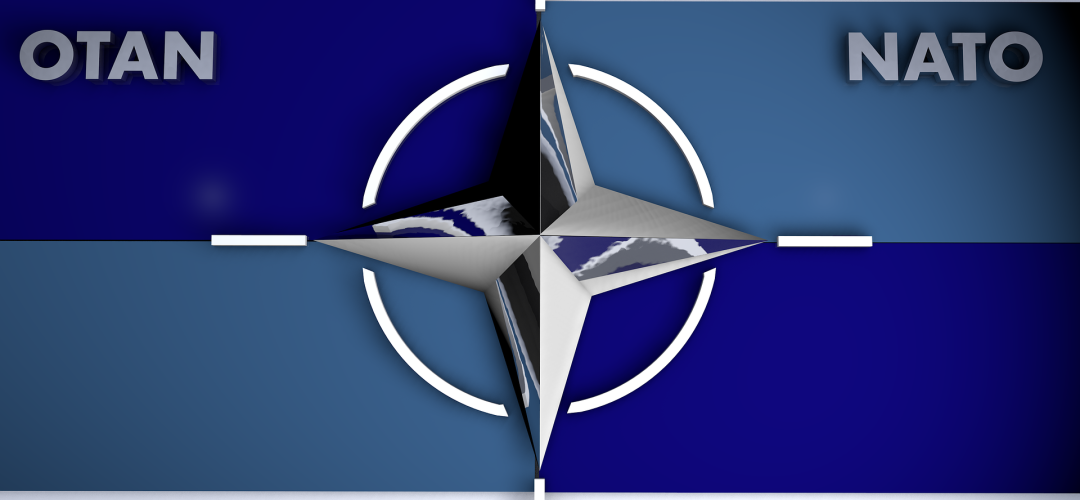
NATO officials voice their support for more engagement with Georgia

On 1 December, NATO held an online ministerial meeting with a focus on Black Sea security and ways to support Georgia and Ukraine.
A group of experts appointed by NATO’s Secretary General Jens Stoltenberg said in their report for the meeting that the alliance “should expand and strengthen partnerships with Ukraine and Georgia as the vulnerable democracies that seek membership and are under constant external and internal pressure from Russia.”
“The Russian government seeks hegemony over its former Soviet possessions and undermines their sovereignty and territorial integrity, seeking to block the path of nations that want to move toward NATO. While Russian aggression in Ukraine and Georgia continues, assertive Russian behaviour has intensified in the High North and North Atlantic, with air and naval build ups in and around key maritime chokepoints in the Barents, Baltic, and Black seas, and the Mediterranean. In the last three of these, Russia has placed anti-access/area-denial (A2AD) capabilities, expanded hybrid warfare, and threatened energy and critical infrastructure. In parallel, it has attempted to create satellite or client states near NATO territory, including so-called frozen conflicts, and violated arms-control regimes leading to the end of the INF Treaty. Russia has also been trying to establish a foothold in the Mediterranean basin and in Africa, including by using proxies and Russian private military companies. In addition to its conventional military threat, Russia is deploying a broader hybrid toolkit including offensive cyber, state-sanctioned assassinations, and poisonings – using chemical weapons, political coercion, and other methods to violate the sovereignty of Allies,” the report outlined.
When commenting on the report, Stoltenberg said that by 2030 NATO should become more global and the cooperation with partners, including Georgia, should be part of this strategy. “One important part of the report is, of course, also to address the fact that we are faced with more and more global challenges. And one of the aims with NATO 2030 is to make NATO a more global Alliance, or at least that we have a more global approach. We should remain a regional Alliance, a North Atlantic Alliance, but we need a global approach, because more and more of the threats and challenges we face are global,” he said.
Besides Russia, Stoltenberg commented on China’s influence in the Black Sea region. “We see that China is coming closer to us, investing heavily in infrastructure in NATO countries, in Europe, also in the Black Sea Region. And, as you know, three Black Sea countries are NATO countries, two are NATO partners, Ukraine and Georgia. And for NATO, we realise the importance of resilience, of protecting our critical infrastructure. And we have developed, and we are strengthening our requirements, what we call baseline requirements for resilience, to critical infrastructure, telecommunications, a continuation of government, health, and many other critical services in our societies,” he added.
In an online discussion organised by the Georgian analytical organisation GeoCase, the former Commanding General of United States Army Europe, Ben Hodges stated that Georgia should be invited to join NATO at this moment. “First - let's invite Georgia to NATO now. We have a precedent; West Germany became a member of NATO when Soviet troops were stationed in East Germany. So, there is a precedent for inviting a state to NATO even if part of it is occupied by Russia,” Hodges said. The second step according to Hodges should be to conduct more and larger military exercises with Georgia and the third step to invest in military infrastructure in the country.
Hodges also emphasised that Georgia and Ukraine should work together to raise awareness and attract investment. He also spoke about the port of Anaklia and noted that he was disappointed with the suspension of the port project. “I am very disappointed that the Anaklia project was not implemented. The construction of the Anaklia port is the last thing the Kremlin might want. The Kremlin does not want large Western investments in Georgia because that way the West will pay more attention to the fact that Russia has so far occupied 20% of Georgia," he said. At the same time, Hodges noted that the United States should continue to support improving electoral transparency, media freedom and government transparency.
See Also


Armenia Records 5.9% GDP Growth in 2024, Missing 7% Goal

Yerevan Balances Strategic Ties with Both US and Russia, Says Foreign Minister

FM Mirzoyan: Peace Deal with Azerbaijan Is Within Reach

Pashinyan and Erdogan Hold Call, Reaffirm Commitment to Ongoing Dialogue

